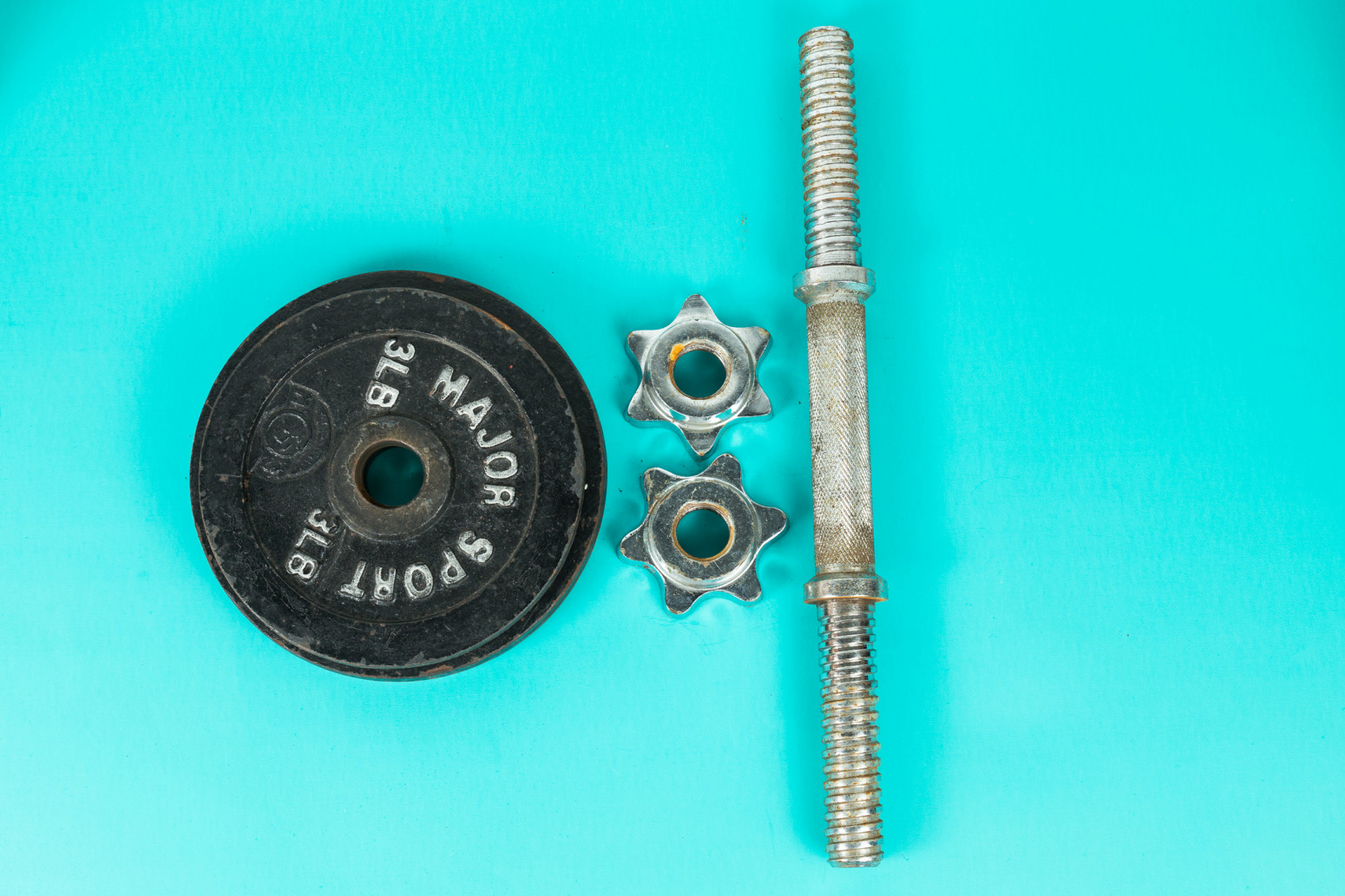It’s no surprise that physical activity combats physical illness and increases our life span. Despite the public service announcements, most people still struggle to squeeze in enough physical activity during the digital age.
And that’s not surprising. The promise that you might live longer isn’t exactly motivating to people who also know they might get run over by a bus tomorrow (whether you call these people realists or pessimists, their sentiments do have some validity).
The idea that months of grueling exercise might help you whittle away at your waistline might also leave you uninspired. We live in the world of instant gratification and weight loss is a much slower process than many people care to endure.
Fortunately, there are some benefits of exercise you can reap rather quickly–the improvement in your mental health might be instant. Understanding those benefits might give you the push you need to establish a regular exercise routine.
How Exercise Improves Psychological Well-Being
As a psychotherapist, I often prescribe exercise as part of treatment because physical activity has a big impact on your brain and your psychological well-being. In fact, studies have found that physical activity can be just as effective as psychotherapy in improving your mental health.
There are many ways exercise can build mental strength and reduce mental health problems. Here are five big benefits according to a 2017 review of the literature:
- Exercise lowers stress. Physical activity provides a buffer against stress. Whether you’re running or swimming, you’ll shed some tension and boost your energy.
- Exercise improves self-esteem. Studies consistently show that people who work out feel better about themselves.A 2016 study concluded thatphysical activity leads to better body image and better physical fitness which boost self-esteem.
- Exercise reduces anxiety, depression, and symptoms associated with PTSD. Physical activity has been found to improve a variety of mental health conditions. It’s also been found to ward off mental illness. Many people experience an immediate decrease in their symptoms after working out for just 20 minutes.
- Exercise boosts mood. Physical activity releases endorphins and tends to improve mood for at least several hours.
- Exercise improves sleep. Physical activity improves sleep quality and increases sleep duration. And better sleep means you’ll have more mental energy to devote to your daily tasks.
So how could 20 minutes on the Stairmaster produce such big results? Well, researchers aren’t exactly sure.
One theory is that exercise gives you a break from your negative thoughts. It’s hard to think about the mean thing your partner said or worry about that presentation you have coming up next week when you’re just trying to breathe. That break from negativity might be all you need to feel better.
Another theory is that exercise reduces inflammation. And many mental health problems have been linked to inflammation in the body.
But no matter exactly how exercise works, it’s clear that it’s vital to optimal psychological functioning.
What Kind of Exercise Is Best?
Perhaps the best news of all is that all types of exercise appear to be beneficial. Whether you enjoy weight lifting, cardio, or yoga, all of them can be instrumental in improving your mental health. The key is to find something you enjoy so you’ll be more likely to stick to it.
A study found that to get optimal psychological benefits, you should exercise between two and six hours per week. That means exercising for 30 minutes 5 days per week might be all you need to feel your best.
Originally published on Inc.
